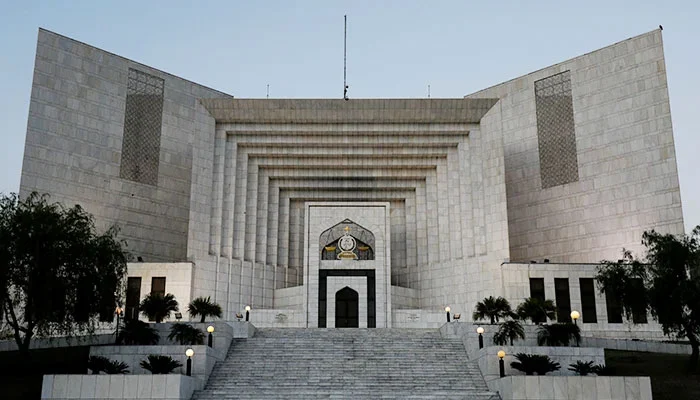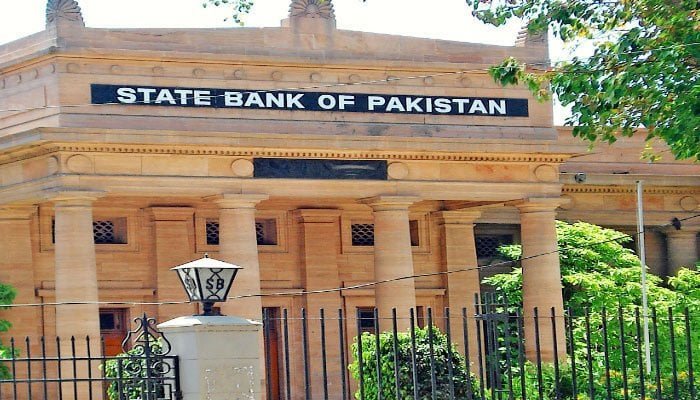The Supreme Court of Pakistan has issued a four-page written verdict on the Faizabad sit-in case, stating that the lack of accountability for the Faizabad Dharna incident led to the tragic events of May 9. The court admitted to previous shortcomings in addressing requests related to the case and held itself responsible for not expeditiously resolving the matter. Recognizing the need to restore public trust, the Supreme Court accepts responsibility for the delay in adjudicating the case over the years and commits to not repeating past mistakes.
The written verdict, released on Wednesday, highlighted that the decision in the Faizabad Dharna case aimed at addressing incidents of violence. It acknowledged that the delay in resolving the case had raised concerns about potential future challenges. The court emphasized that the case had been ignored by various governments for five years, indicating a failure to take timely action.
Chief Justice of Pakistan took note of the violent incidents surrounding the Faizabad sit-in, and the written verdict indicated that the decision on the case was shedding light on the potential risks for the future. The verdict mentioned that the failure to address requests for a review of the case had hindered its implementation.
The written verdict also reflected on the May 9 events, stating that no one was held accountable for the past tragic incidents. It acknowledged that those who had struggled for an independent judiciary were unfairly affected, and the nation bore the consequences of the events of May 9.
In an effort to rectify the situation, the Supreme Court has expressed its commitment to preventing the repetition of such delays in the future. The court’s acknowledgment of its past failures is an essential step toward rebuilding public confidence and ensuring a more efficient and timely judicial process.
The Faizabad sit-in case has been a matter of public concern for several years, and the Supreme Court’s written verdict serves as a step toward addressing the challenges associated with the delayed resolution of this significant case.



